
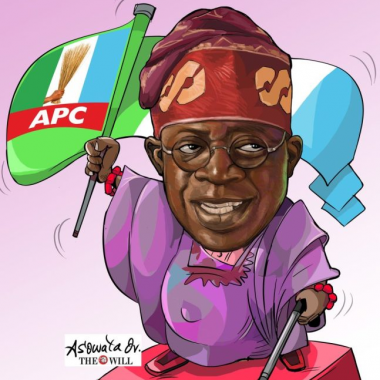
Is Nigeria Becoming a One-Party System?
Is Nigeria Becoming a One-Party System?
Elections ‘come and go’, they say, but the consequences of self-imposed (Emilokan) government can be a devastating blow to democracy, especially at a time when the people whose commonwealth is at risk of government ludicrous spending. A yacht for Bola Tinubu and ‘baby steps suffering’ for the citizens is no way close to keeping the ground running, democratically elected or not. I am not the President. You reading this might probably not be the president either. Nonetheless, no one wants a rejected character cum illegitimate president as the number one citizen.
Nigeria is one big nation worthy of global recognition but captured by a one-party system, yet here we are witnessing the junketing “President” of the most populous black nation finding it hard to secure a Foreign Direct Investment (FDI). The state of the economy is run by Yemi Cardoso, who believes the Central Bank of Nigeria doesn’t have a magic wand to stabilize the naira against the dollar. We have the NNPC complain about Bola Tinubu’s predecessor having borrowed to the point where the economy cannot even be propped up with drug monies as a bailout. The only strategy in place now is to borrow more money to bail out the loans accrued with an increase in production and export of capital goods and services to the borderline supply chain market.
Essentially, Nigeria and Nigerians are experiencing the consequences of politicians taking power away from the people who give it without the approval of the electorates. It can only get worse if there is no resistance from Netizens to the need for change.
What are the Traits of One-Party System?
- The Electoral Body only recognizes one party worthy of winning the majority votes
- The Judiciary considers only the ruling party as a constitutionally recognized political party
- Opposition parties are considered unofficial
- One political party tends to rule in the majority of state institutions, top to bottom.
- Fear of the rule of law is in the past
- Accountability becomes non-essential
Essentially, if one party disallows the other strong opposition parties to participate in a free and fair election without electoral violence interference, or is allowed to participate but explicitly subservient to the things the ruling party can get away with, then a de facto one-party state is effective. This way, any opposition party has been decapacitated to the point where their support base would be demoralized yet suffer the brunt of not resisting when they could or should. One would agree that while the supposed form of democracy is preserved in pretence, there are no choices but a rubber-stamped style of running the government by one party. In this case, politicians of opposing sides are most likely to decamp because politicians always go where power is. The one-party system is written boldly in electoral petitions held in Zamfara, Sokoto, Kebbi, Nasarawa, Delta, Ogun, and other States of the nation where the Election Petition and Appeal Panels were used to rob the PDP of victory won at the polls.
What the disgruntled citizens who are bearing the brunt of electoral heist do concerning the state of sad affairs looming is nothing far from upholding the sovereignty of the people in its full form like never seen before. It would be labelled treasonous by gullible supporters of criminality. Nonetheless, the worst of us should not be in affairs of power. That’s giving power to wealth without enterprise to reign amidst mass hunger, insecurities, and hardship the “renewed hope” has offered since 4 am March 1st 2023.
Read: 2023 Off-Cycle Elections: What you should know!
About The Author
Mayowa Durosinmi
author
M. Durosinmi is a West Africa Weekly investigative reporter covering Politics, Human Rights, Health, and Security in West Africa and the Sahel Region
Mayowa Durosinmi
M. Durosinmi is a West Africa Weekly investigative reporter covering Politics, Human Rights, Health, and Security in West Africa and the Sahel Region
Related Articles
Tinubu Deducts N100bn Monthly From Federation Account Without Approval El-Rufai Alleges Says Action Deserves Impeachment
Former Kaduna State Governor Nasir El-Rufai has launched a blistering attack on...
ByWest Africa WeeklyJanuary 26, 2026Trump’s Greenland Threat Forces Europe to Taste the Logic of Western Colonial Power
It rarely begins with soldiers. More often, it begins with a sentence,...
ByWest Africa WeeklyJanuary 21, 2026Tinubu Government Claims Intelligence Cooperation With the US, Yet New York Times Publishes Conflicting Story Following $9 Million US Lobbying Effort
When the New York Times published its investigation suggesting that claims from...
ByWest Africa WeeklyJanuary 19, 2026Mali’s Transition Leader Attends Swearing-In of Guinea’s President Mamadi Doumbouya
Mali’s President of the Transition, General Assimi Goïta, represented the country in...
ByWest Africa WeeklyJanuary 19, 2026


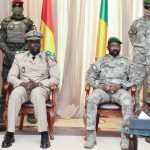


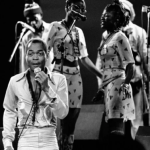
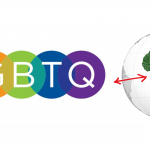

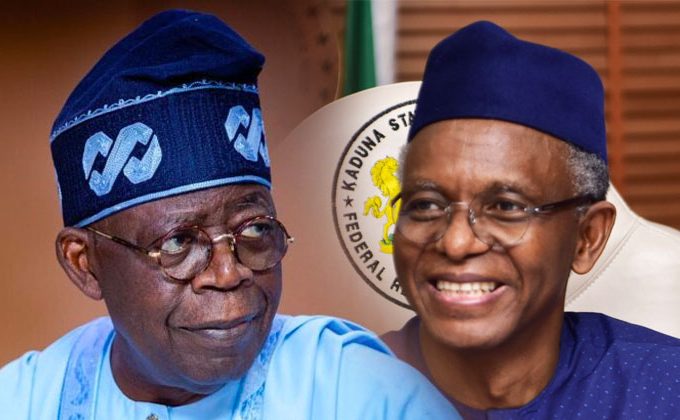
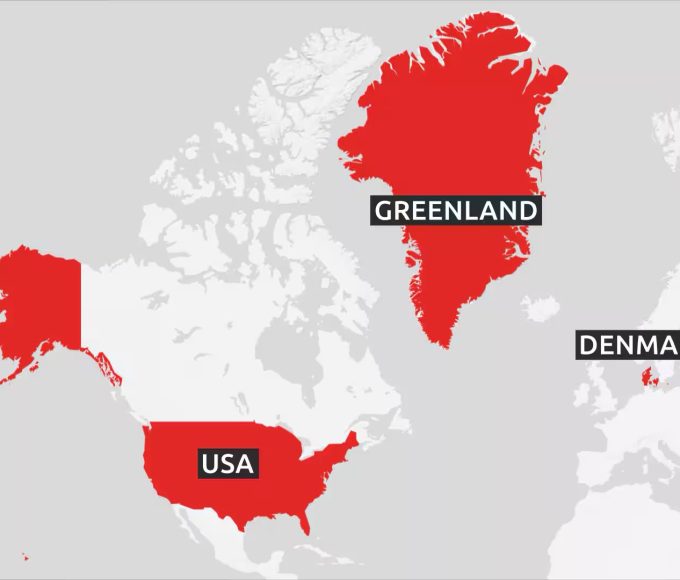
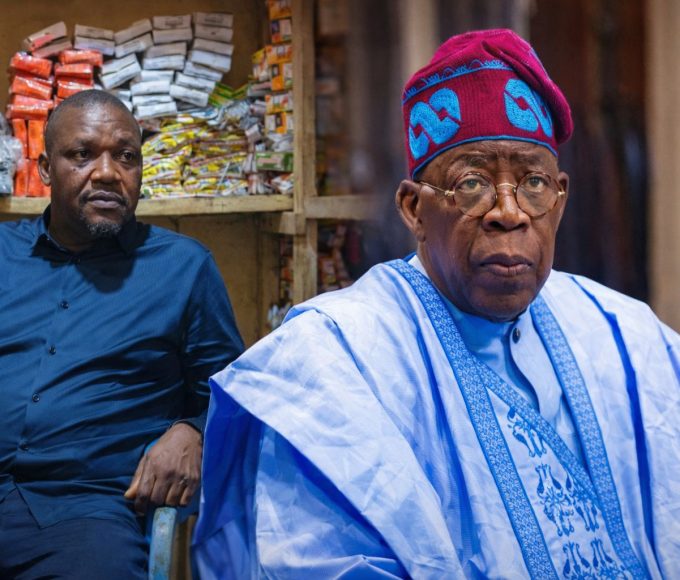

Leave a comment